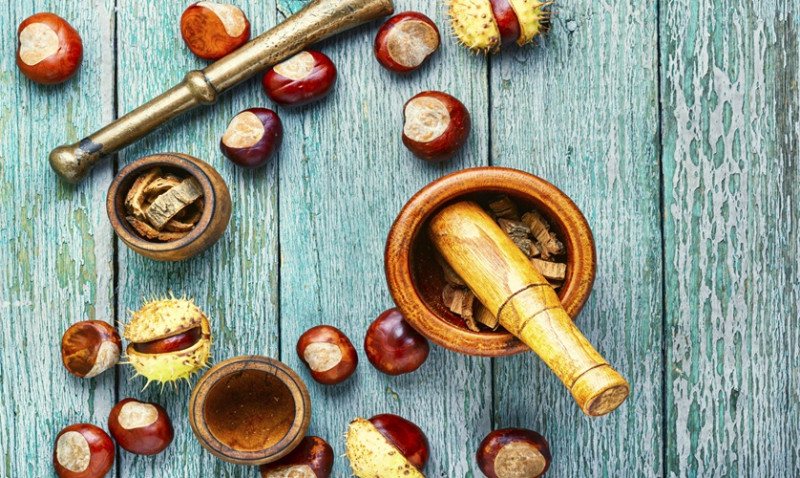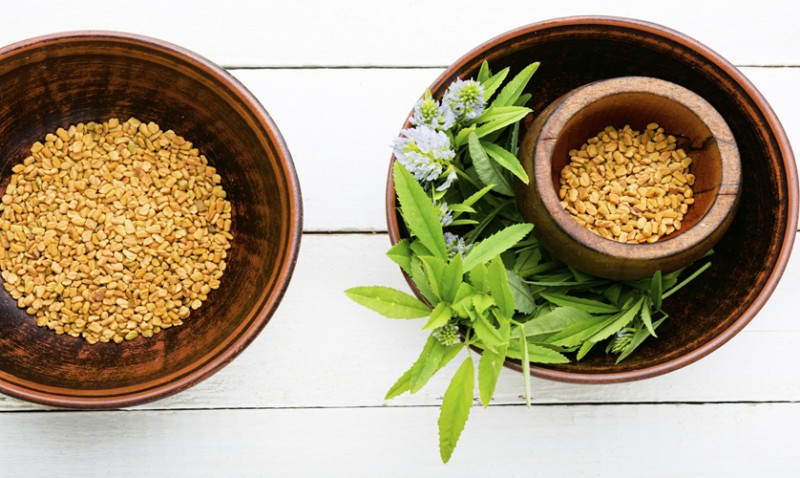
In recent years, homeopathy has witnessed a resurgence in popularity, especially among individuals seeking gentle, natural, and side-effect-free approaches to healing. However, growing concerns and recurring debates have surfaced, especially centered around a critical question: Are steroids present in homeopathic medicines? Dr. Suresh G, a seasoned expert in integrative medicine, sheds light on this issue, separating fact from fiction.
Understanding Homeopathic Medicines
Homeopathy is a system of alternative medicine based on the principle of “like cures like.” It uses highly diluted substances that, in a healthy person, would cause symptoms of the ailment being treated. These remedies are usually derived from natural sources, including plants, minerals, and even some animal products.
Critically, homeopathic medicines are prepared using repeated dilution and succussion (vigorous shaking), often to the point where the original substance is no longer chemically detectable. They are administered in micro doses, making them fundamentally different from conventional pharmaceutical drugs. For this reason, many users turn to homeopathy expecting a complete absence of synthetic drugs and hormones—including steroids.
What Are Steroids and Why the Concern?
Steroids, especially corticosteroids, are powerful anti-inflammatory drugs used in conventional medicine to treat a variety of conditions such as arthritis, asthma, and autoimmune diseases. However, they come with a long list of potential side effects, particularly when used over extended periods or without medical supervision.
The concern arises from reports and media stories alleging that some homeopathic practitioners or manufacturers might be adding steroids to their remedies—either to produce fast effects or to cater to unknowingly dependent patients. These allegations are troubling, especially for those seeking holistic medicine precisely to avoid chemicals like steroids.
Are Steroids Actually Found in Homeopathic Remedies?
Generally speaking, homeopathic medicines should not contain any steroids. Genuine remedies produced by reputable and certified manufacturers strictly follow the preparation guidelines laid out by official pharmacopeias such as the Homœopathic Pharmacopoeia of India (HPI) or the European Pharmacopoeia.
Dr. Suresh G insists that when manufactured and prescribed responsibly, homeopathic medicines remain free of any such substances, including steroids. Yet, he also acknowledges that the problem is not with the system itself, but with the inadequate regulation and oversight in some regions, or with certain unethical practitioners who may unknowingly or intentionally mix steroids into their preparations.
It's important to note that when patients experience rapid pain relief or reduced inflammation using a so-called "homeopathic remedy", that could raise red flags—because such results are highly uncharacteristic of genuine homeopathy, which works gradually over time.
How Can Hidden Steroids Be Detected?
Since homeopathic remedies come in tiny pellet or liquid forms and are usually devoid of chemically active ingredients, detecting adulteration is not straightforward. However, if there's suspicion of steroid contamination, laboratory analysis is necessary. Techniques such as Thin Layer Chromatography (TLC), Gas Chromatography-Mass Spectrometry (GC-MS), and High-Performance Liquid Chromatography (HPLC) are commonly used to detect steroidal substances.
Regulatory bodies in different countries, including the UK’s Medicines and Healthcare products Regulatory Agency (MHRA), occasionally perform random checks for compliance. Still, the lack of universal regulation highlights the need for consumers to be vigilant.
How to Ensure You’re Using Safe Homeopathic Products
To make informed decisions about which homeopathic remedies to trust, Dr. Suresh G provides a few essential pointers:
- Always buy remedies from certified pharmacies and well-known brands: Reputable manufacturers that adhere to strict guidelines are less likely to risk their certification and credibility.
- Check product labeling: A transparent label with manufacturing license numbers, ingredient sourcing, and dilution levels is a good sign.
- Consult registered homeopaths: In the UK, look for practitioners registered under organisations like the Society of Homeopaths or the Faculty of Homeopathy.
- Beware of uncharacteristically fast results: Healing through homeopathy is usually a gradual process. If you're experiencing rapid symptomatic relief, ask questions and, if in doubt, consider chemical testing.
By taking basic precautions, consumers can enjoy homeopathic treatment without fearing hidden or harmful ingredients.
What Should Concerned Patients Do?
If you suspect that a homeopathic medicine you’ve taken may contain steroids, it's important to consult your GP or healthcare provider. Symptoms to watch for include sudden weight gain, puffiness, high blood pressure, unexplained euphoria, or dependence on continued usage for maintaining symptomatic relief.
Patients can also submit samples for analysis to private labs or raise concerns with local health authorities or the MHRA. Transparency is key in ensuring accountability across the healthcare spectrum—whether mainstream or alternative.
What It Means for DIY Enthusiasts and Professionals
While this topic may seem niche, it holds relevance even for tradespeople, designers, and homeowners exploring holistic or natural remedies for workplace stress, seasonal conditions, or minor ailments. For example, a young professional juggling a renovation project might turn to homeopathy for stress relief. Ensuring that such remedies are free from steroids is part of maintaining long-term well-being—physical and legal (especially for regulated professionals).
Awareness of medical safety is part of a mindful, modern lifestyle. Whether you’re an architect managing tight client demands or a decorator busy with repeat jobs, staying conscious of how you treat your body ensures you’re at your best vocally and physically to meet the demands of a creatively intensive profession.
Conclusion: Be Informed, Stay Safe
In conclusion, steroids should not be present in any legitimate homeopathic medicine. While isolated cases of adulteration have occurred, they are anomalies rather than norms—often a result of malpractice or regulatory loopholes. As Dr. Suresh G asserts, responsible sourcing and awareness remain crucial.
Homeopathy, at its core, promotes healing through natural principles. Implementing proper due diligence ensures that the therapies you turn to support your body, mind, and the creative energy essential for your projects and professional roles. Stay empowered with the right knowledge, and choose your wellness allies wisely.





